When Nothing Wild Remains by Gerald Wagoner
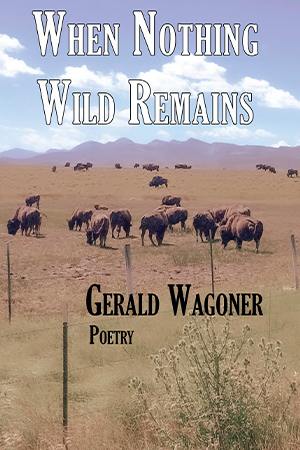 Frankfort, Kentucky. Broadstone Books. 2023. 60 pages.
Frankfort, Kentucky. Broadstone Books. 2023. 60 pages.
Gerald Wagoner, a sculptor who turned to poetry in retirement, offers his vision in this debut collection of thirty-eight poems. The title of the book, and its contents, offer a necessary sentiment about the wild spaces that shape our existence, spaces too often overlooked by contemporary poetry, not to mention the public at large. Wagoner’s poems remind us to set aside faulty notions of progress, at least for the moment, to consider the psychological cost of neglecting the wildness that we should embrace as a national inheritance. In doing so, he echoes Thoreau’s call to wildness as the “preservation of the world.”
In the title poem, positioned last in the book, the poet concludes:
Vexed, you stress the significance of
art
as being at heart a reactive endeavor
executed by unreliable narrators, and
then,
you as the body to consider, what will
happen
to our places of renewal after the rich
buy
all the mountains and nothing wild
remains.
Before this final question, posed as a declaration, Wagoner presents a variety of poems moving toward his conclusion. The poems comment on a wide range of topics, several referencing Native American places or images. In “The Little Bighorn Battlefield National Monument,” he subverts our misnaming, and by implication, intentional misrepresentation of Native Americans. He depicts a ten-year-old who may have been “stalking a bird / or a butterfly, when he became the first to die.” In “Stark Daybreak,” he remembers, “As a child you were at liberty to roam” until confronted with “oil / derricks [standing] as lonely as watchtowers.” In “Swath of Stars,” he tells of eating a fry-bread taco, “Unaware that land-locked salmon were there”—a poem of “trauma in need of triage.” In “Second Phase Navajo Chief’s Blanket (circa 1872),” a condensed version of Navajo history is combined with family ownership of a surviving blanket whose threads, if carefully examined, tell a not-so-pretty story: “grief beyond bullets / and shallow graves.” The poem concludes the combined histories with a recalcitrant admission: “There is no lore for this blanket. Locked in a pattern / too perfect to escape, I lost the thread and did not ask.”
Wagoner’s work is worth reading. Too much of our existence is an acquiescence to the supposedly inevitable erasure of the wild, a wildness so desperately needed. These poems call us back to a sense of balance.
Ken Hada
East Central University

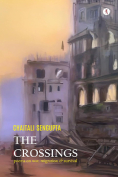
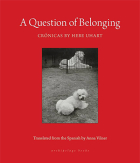

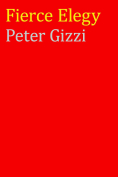
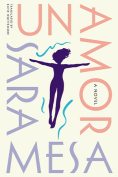
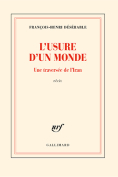
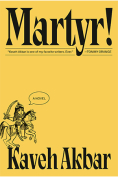
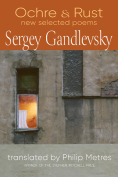
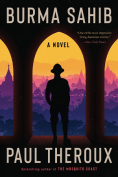

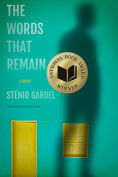
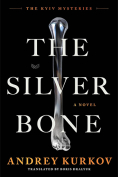


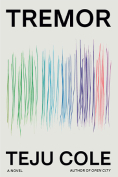


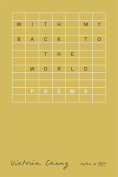

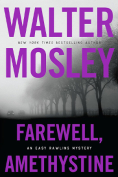

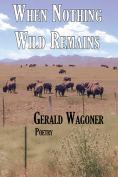
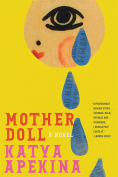
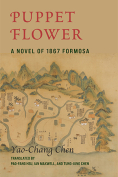
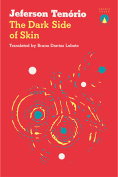
![The cover to [...] by Fady Joudah](/sites/worldliteraturetoday.org/files/styles/backissue_small/public/Joudah.jpg?itok=HZO1_68A)